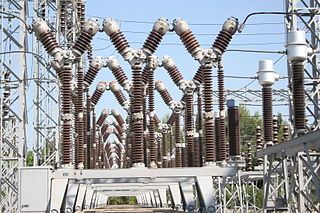The Economics of Creating New Energy Supply Chains

The bottom line is that anything, whether planned or accidental, that creates an end-run around existing supply chain reduces the price of the commodity, thus its price, therefore making it even more competitive than it was before.
Does this mean that the basic premise of my current book project (“Bullish on Renewable Energy – Eleven Reasons Why Clean Energy Investors Can’t Lose”) is flawed? I don’t believe so, but Glenn argues otherwise, and claims that government subsidies for renewables are a requirement, at least for the coming few years, if the enterprise of replacing fossil fuels is to gain serious traction.
